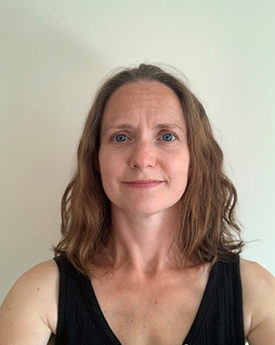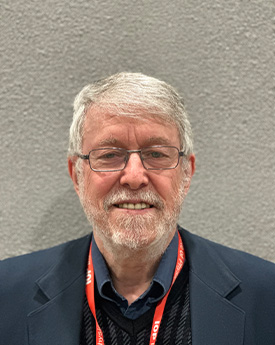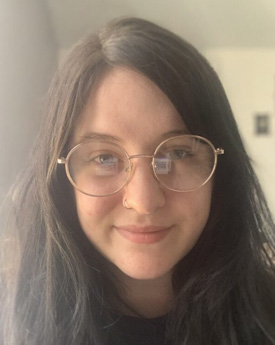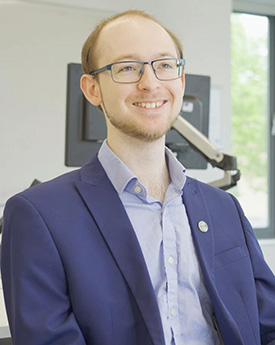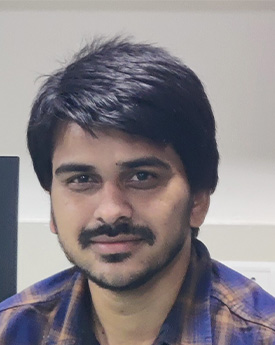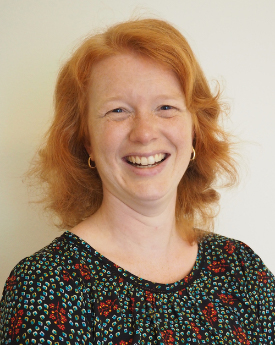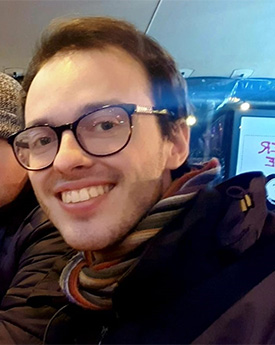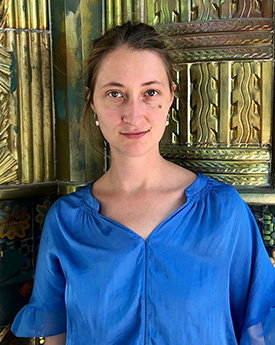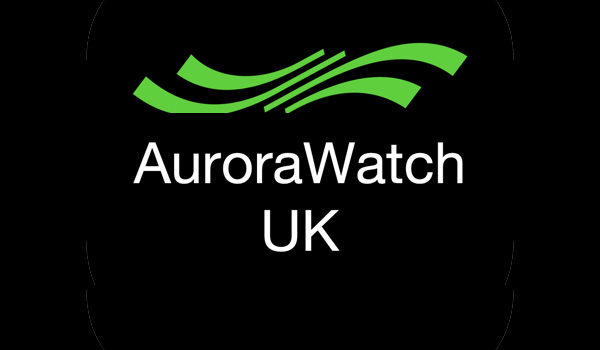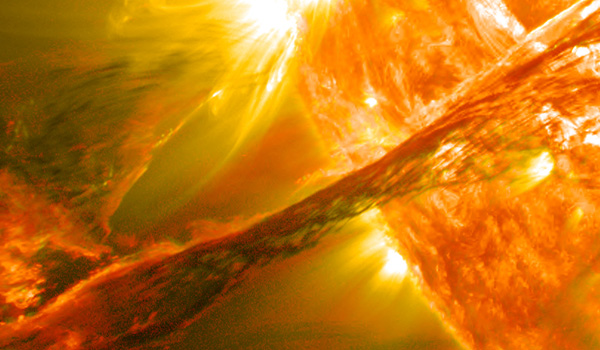About us
In Space and Planetary Physics, we study the physics of space plasmas, from the Sun, through interplanetary space to the atmospheres of Earth, other planets, their rings and moons.
Our research probes the fundamental physics that underpins the space environment of the Solar System. We also conduct planetary physics research that investigates the interiors, origins and evolution of solar system bodies. To carry out this research, we use state of the art instrumentation on a variety of spacecraft located around the solar system, from the Hubble Space Telescope at Earth, to MAVEN at Mars, and Cassini at Saturn. We are also involved in future space missions, including missions to Jupiter such as the Juno mission (arriving 2016) and the European Space Agency’s JUICE mission to Jupiter coming in 2030, and in developing ideas for future space missions. Our observational work is complemented with computer modelling using a range of models, from bespoke software to internationally-developed numerical models.
Our research into Earth's space environment uses a range of ground- and space-based instrumentation. Measurements by the Cluster, THEMIS and MMS spacecraft allow us to probe the solar-terrestrial interaction in situ. Observations by ground-based magnetometers and ionospheric radars such as the Super Dual Auroral Radar Network (SuperDARN) provide an invaluable remote sensing capability. As part of this effort, Lancaster space physicists develop and deploy state-of-the-art experiments in the UK and inside the Arctic and Antarctic circles.”
We research space weather to investigate the mechanisms by which the Sun controls near-Earth space to understand better the risks posed to high-tech infrastructure both on and above the surface of our planet. We also run the AuroraWatch service which provides forecasts of displays of the northern lights over the UK.
Key Research
- Space Weather
- Aurorae on Earth, Jupiter and Saturn
- Structure and dynamics of giant planet magnetospheres
- Electrodynamics of magnetosphere-ionosphere coupling
- Thermospheric changes due to space weather and climate change
- Dusty plasmas in the atmosphere and on planets and moons
- Non-linear plasma physics in the ionosphere
- Scientific planning for future planetary science missions



